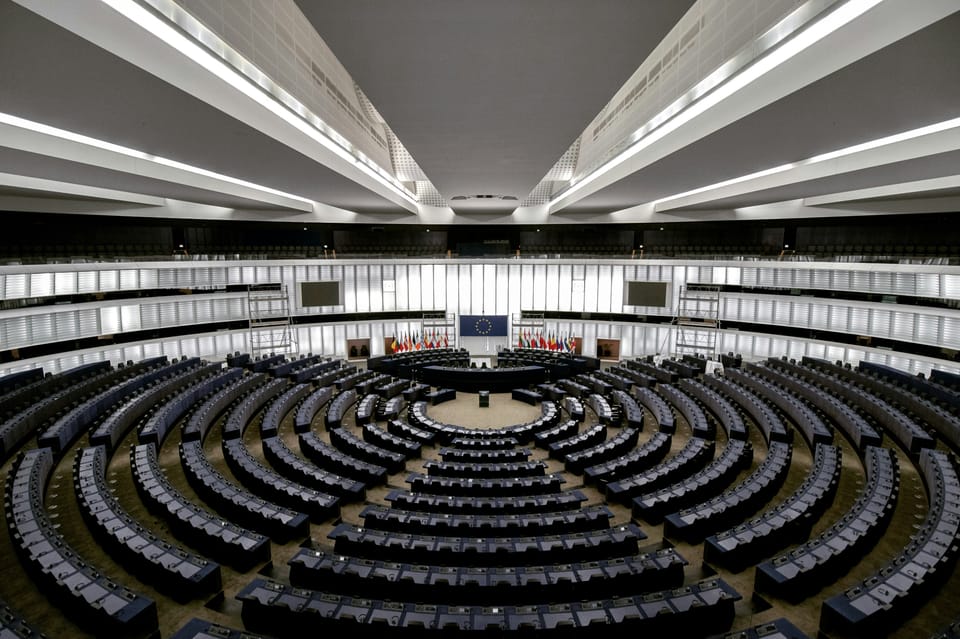MEPs submit amendments to Omnibus directive as watchdog launches formal inquiry
Proposed amendments to the Omnibus directive are due to be debated in Parliament by July.

Members of the European Parliament have requested 473 – sometimes opposite – amendments to the European Commissions’ draft Omnibus directive to be debated by mid-July. At the same time, the EU’s institutional watchdog has launched a formal inquiry into the Omnibus legislative process.
In an 840-page document shared on May 21, the European Parliament’ Committee on Economic and Monetary Affairs gathers the feedback of Europe’s 720 members of parliament (MEPs) on the Commissions’ contested Omnibus directive, meant to simplify sustainability reporting requirements.







